Keywords: Weapons
There are more than 200 results, only the first 200 are displayed here.
-
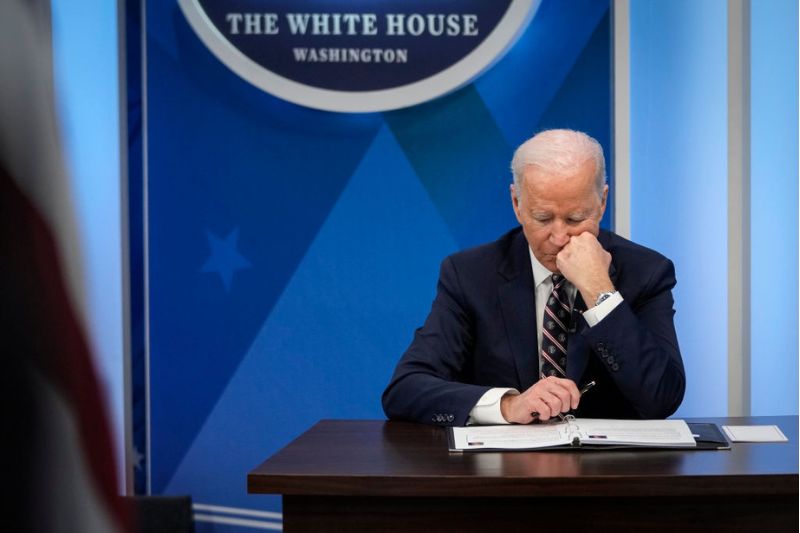
INTERNATIONAL
- Binoy Kampmark
- 22 March 2023
3 Comments
Any sanctions regime produces uneven effects. Economic sanctions imposed on Russia are not only unlikely to end the conflict in Ukraine, but they are having unintended consequences, encouraging Moscow to be more resourceful and leading to a shift in global energy markets.
READ MORE
-

AUSTRALIA
- Andrew Hamilton
- 16 March 2023
2 Comments
As the National Council for Fire and Emergency Services updated Australia's fire danger ratings to include 'Catastrophic', it's worth considering other crises that pose a catastrophic threat like climate change, war, diseases, and economic loss, where disadvantaged groups disproportionately suffer.
READ MORE
-

INTERNATIONAL
- David Halliday
- 28 February 2023
3 Comments
One year on from Russia's invasion of Ukraine, the world is left with a sense of unease. As the worst state-on-state aggression in Europe since World War Two, it has had global, cascading effects on inflation, energy prices, and food security. So how will it end?
READ MORE
-
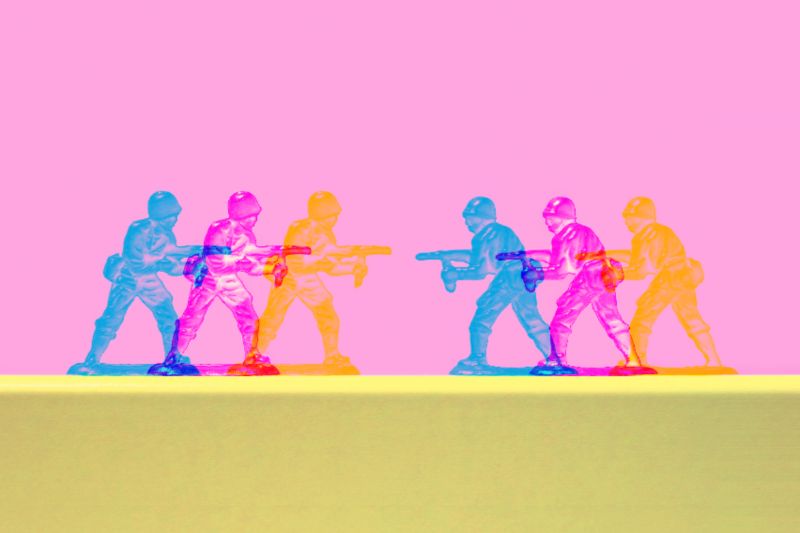
AUSTRALIA
- Andrew Hamilton
- 02 February 2023
6 Comments
Any discussion of the ethics of culture war should begin with the basic reality of human communication: to flourish, human beings rely on cooperation with other people. Speaking abusively about others weakens the necessary trust that lies at the foundation of a well-functioning society and inhibits the conversation about values necessary in a humane society.
READ MORE
-
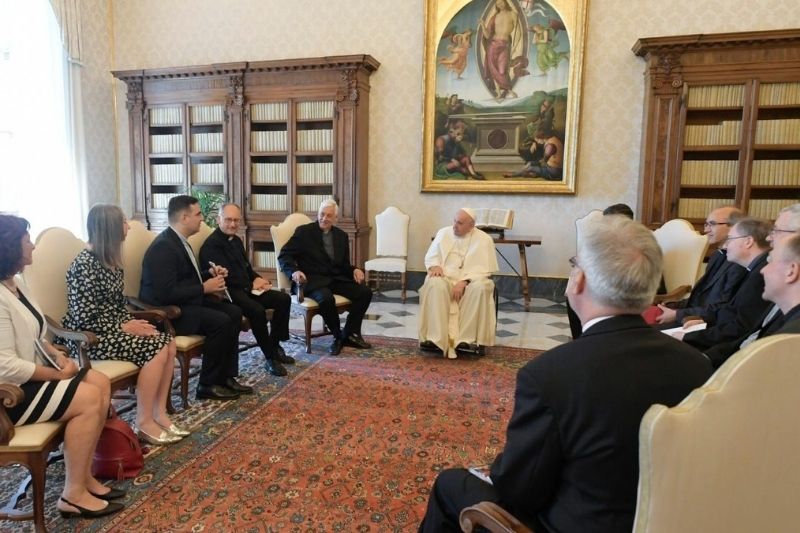
MEDIA
- Andrew Hamilton
- 12 January 2023
In a recent meeting Pope Francis met the editors of European Jesuit cultural magazines. As usual in such meetings he did not give an address but invited the participants to ask questions. The questions ranged across a wide area, reflecting the different readership and religious culture of the magazines. Underlying the Pope’s responses lay a challenging and coherent approach to the Jesuit mission and to communication that invites self-reflection also among Jesuit magazines and their readers outside Europe.
READ MORE
-
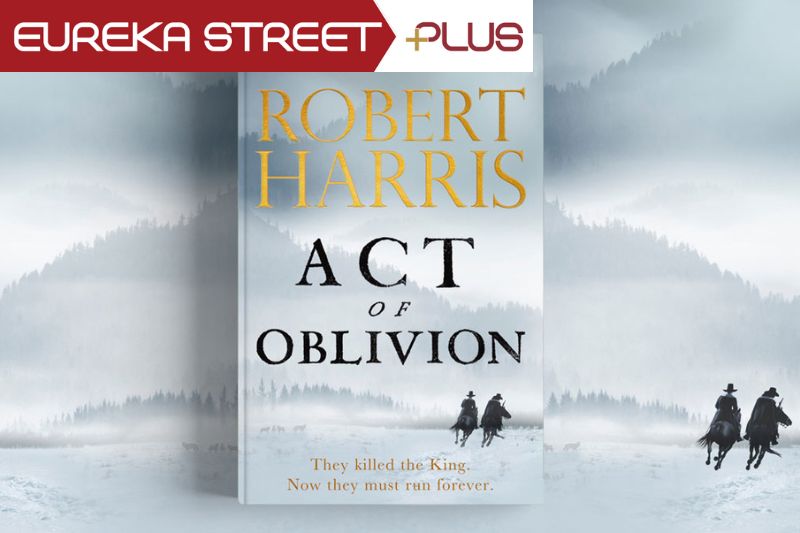
ARTS AND CULTURE
- Gillian Bouras
- 25 November 2022
In August 1660, the English Parliament passed the Indemnity and Oblivion Act, targeting those involved in the trial and execution of Charles I. The death warrant for Charles I had been signed by 59 judges, and 31 of them were still alive in 1660. Those caught suffered a terrible death of being hanged, drawn and quartered. Pursuit of the guilty was unremitting. Act of Oblivion follows the careers of three regicides and Civil War veterans who fled to the British colonies in America.
READ MORE 
-
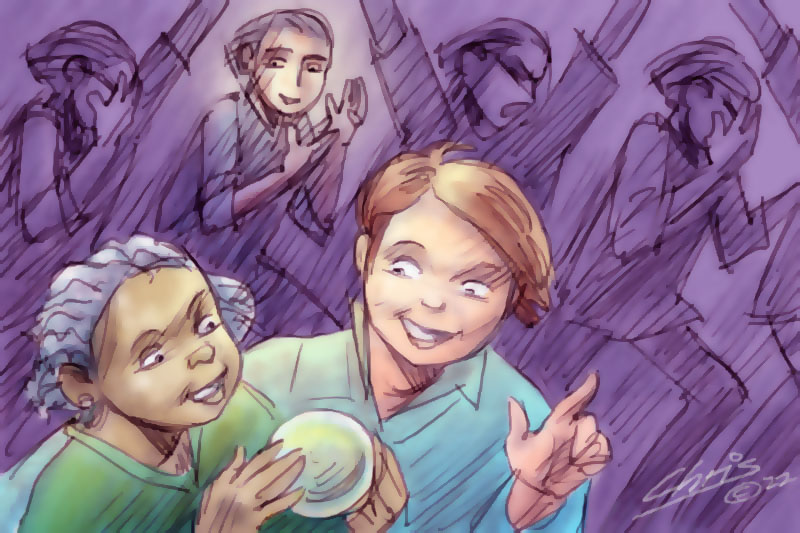
ARTS AND CULTURE
- Gillian Bouras
- 08 November 2022
8 Comments
There are a great many despairing people about, with parents of children fearing they have no future; believing that by the time they are grown up the world as we know it will have ceased to exist. Floods, drought, wars, pandemics, climate change. In a world ever smaller and more connected, encouragement is needed.
READ MORE 
-

AUSTRALIA
- Michele Frankeni
- 24 October 2022
How do we go from insisting our children tell the truth, even if it leads to punishment for breaking rules, to casually accepting a lack of veracity from societal ‘leaders’? Why in this age of social media when the mildest of heterodox comments cause a storm of protest do blatant untruths cause not even a ripple?
READ MORE 
-

ECONOMICS
- David James
- 03 October 2022
5 Comments
For Europe, especially Germany, there should be enough gas in storage to limp through winter but by next spring there may be severe trouble. The leaders of Europe and the United States expected that they would win the economic war against Russia and force the invader to withdraw. Not only did that not happen, it is likely to lead to severe unintended economic consequences.
READ MORE 
-
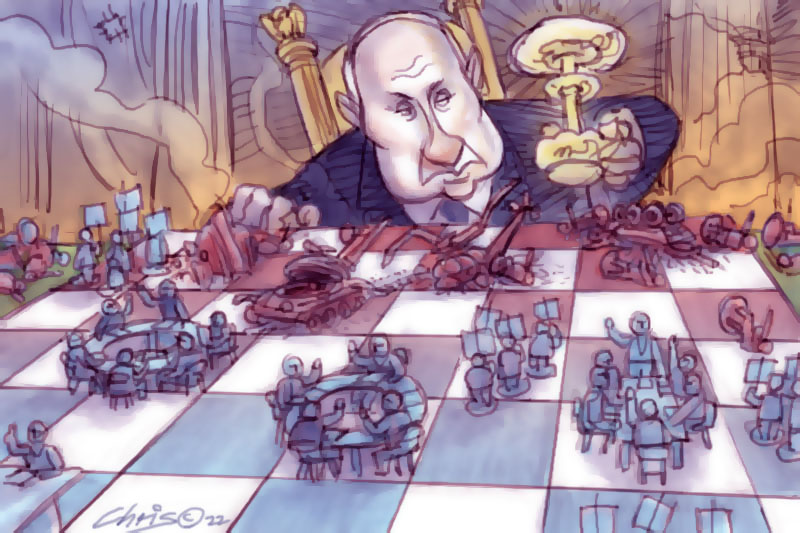
INTERNATIONAL
- John D’Arcy May
- 28 September 2022
3 Comments
What can the pacifist do when confronted with naked tyranny? With Putin’s invasion of Ukraine, pacifists are faced with the dilemma of either helping Ukrainians defend themselves ― and what spirit and courage they have shown, led by their unlikely president ― or letting Putin have his way. If diplomacy stood a chance, it would be the alternative option for pacifists; but does it?
READ MORE 
-
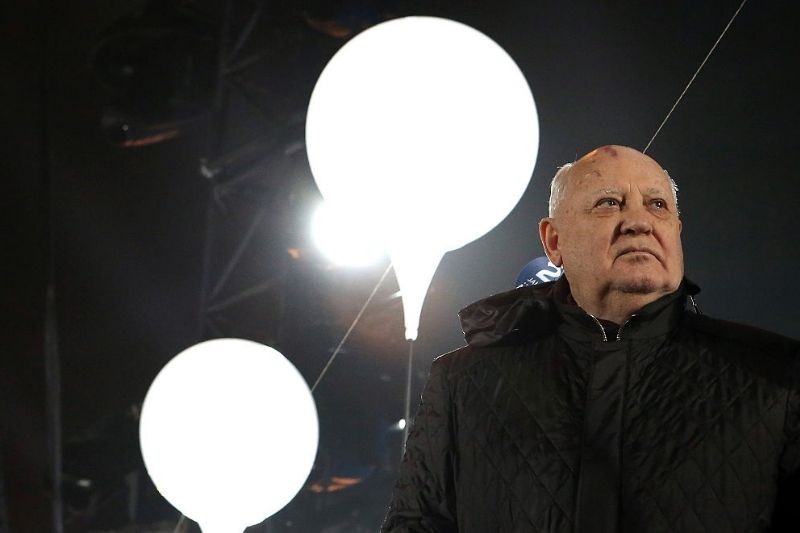
INTERNATIONAL
- Binoy Kampmark
- 08 September 2022
3 Comments
Greatness for the Soviet Union’s last leader, Mikhail Sergeyevich Gorbachev, was not to be found at home. Commentary on his passing is as much a statement of positions, endorsed by admiring beneficiaries, and loathed by those who fell off the train of history. The millions who delighted seeing the collapse of the Soviet Union and, as a result, a power vacuum and weaker Russia, toast him, eyes filled with emotion.
READ MORE 
-

RELIGION
Pope Francis recognised that Moscow’s invasion of Ukraine was ‘perhaps somehow provoked’ and said he was warned before the war that Nato was ‘barking at the gates of Russia’. In an interview with the Jesuit magazine La Civiltà Cattolica the Pope condemned the ‘ferocity and cruelty of the Russian troops’ but warned against a fairy tale perception of the conflict as good versus evil.
READ MORE 